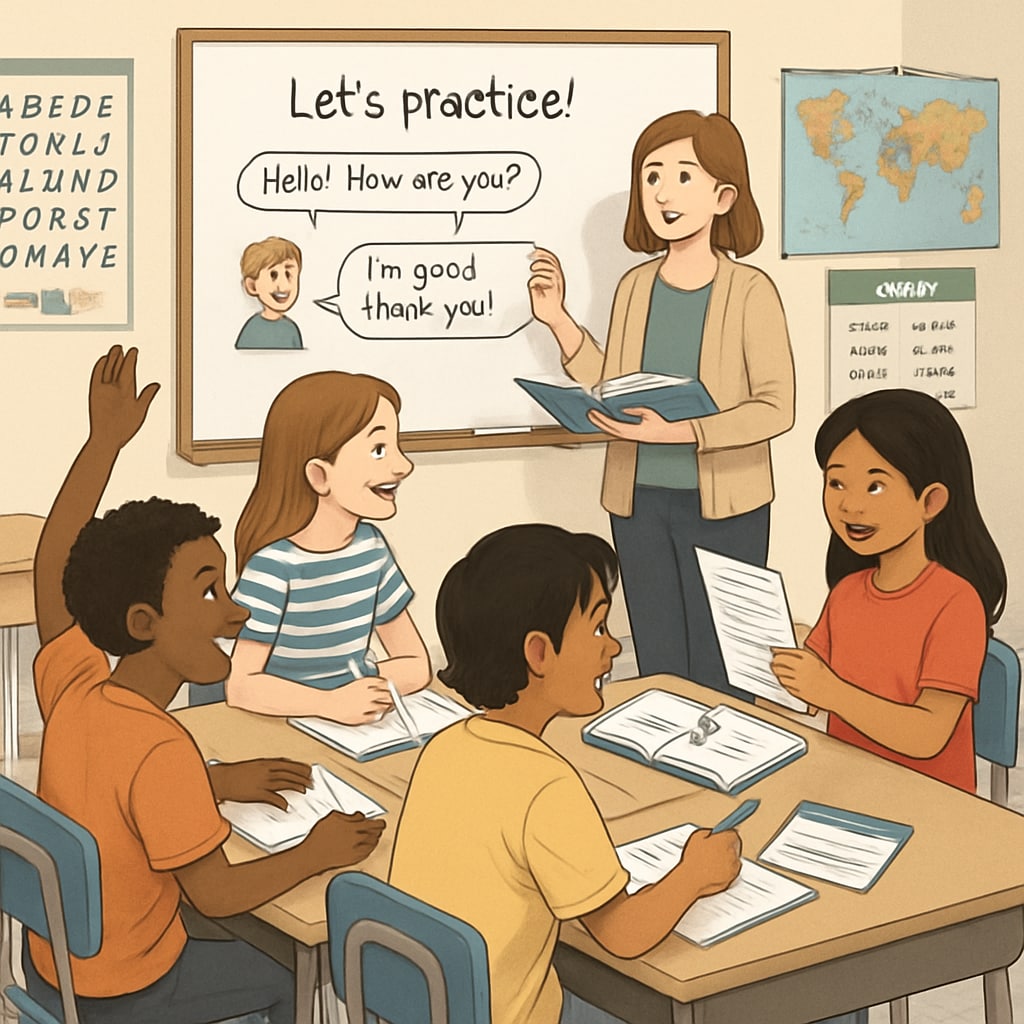Planning for study abroad opportunities, especially for U.S. graduate programs, begins long before students submit applications or engage with study abroad agencies. The K12 stage offers a crucial window for laying a solid foundation that can significantly impact future academic and professional success. Whether you are a parent or a student, understanding how to strategically approach this stage can make all the difference in navigating the competitive world of international education.

Academic Preparation: Building the Right Skills and Knowledge
Academic readiness is a cornerstone of successful study abroad applications, especially for competitive U.S. graduate programs. During the K12 years, students should focus on excelling in core subjects such as mathematics, science, and language arts. Advanced coursework, such as AP classes or IB programs, can provide valuable preparation and demonstrate a commitment to rigorous academic standards.
Additionally, fostering critical thinking and problem-solving skills through project-based learning or extracurricular activities can set students apart from other applicants. Schools and families should encourage participation in academic competitions, science fairs, and leadership programs to build both skills and credentials.
Language Development: Mastering Communication Early
English proficiency is non-negotiable for studying abroad in the U.S., especially for graduate programs. Starting language development early in the K12 stage allows students ample time to master communication skills. Structured programs like TOEFL preparation, or immersive experiences such as language camps, can be highly effective.
In addition to formal language learning, students should engage in activities that enhance practical skills. For example, joining debate clubs, writing for the school newspaper, or participating in public speaking events can improve both written and verbal proficiency.

Character and Personal Growth: Beyond Academics
While academic and language skills are essential, U.S. graduate programs often look for applicants with strong personal qualities and leadership potential. During the K12 stage, students should be encouraged to explore their interests through volunteering, sports, or creative endeavors. These experiences not only aid personal growth but also provide valuable material for application essays and interviews.
For example, volunteering in community projects shows initiative and compassion, while participating in sports demonstrates teamwork and resilience. Structured mentorship programs can further enhance personal development by helping students set long-term goals and build meaningful connections.
Engaging with Professional Study Abroad Agencies
Once students approach the end of their high school journey, families may consider engaging with professional study abroad agencies for tailored guidance. These agencies often specialize in matching students with suitable U.S. graduate programs and simplifying application processes. Their expertise can be particularly helpful in navigating visa requirements, financial aid, and scholarship opportunities.
When selecting an agency, look for one with a proven track record, positive reviews, and strong relationships with academic institutions. Transparency and personalized service should be key priorities in your decision-making process.
For more insights on finding the right study abroad agency, visit Study Abroad on Britannica or review guidelines provided by trusted organizations like Wikipedia’s Study Abroad Page.
Final Thoughts: By strategically leveraging the K12 stage for academic, linguistic, and personal development, students and families can ensure a smoother transition to U.S. graduate studies. With professional guidance from study abroad agencies, this journey becomes more accessible, ensuring long-term academic and career success.


